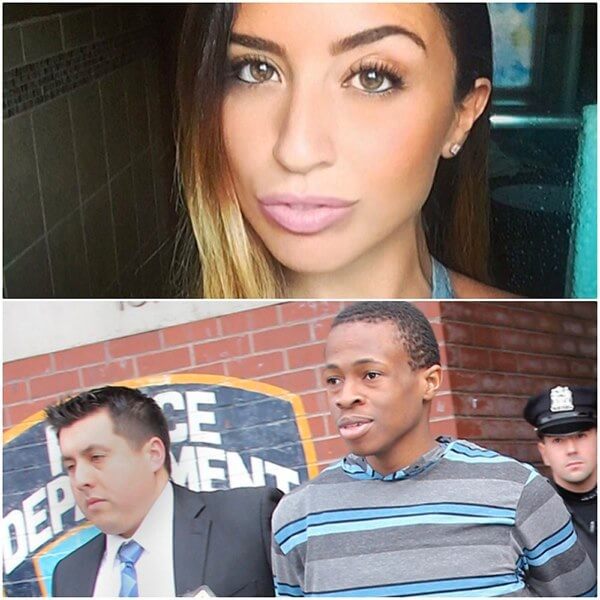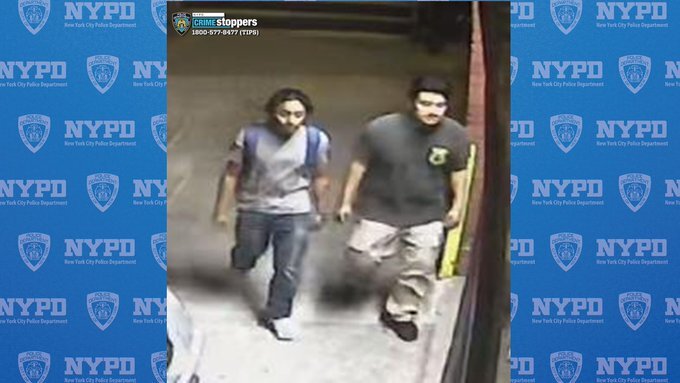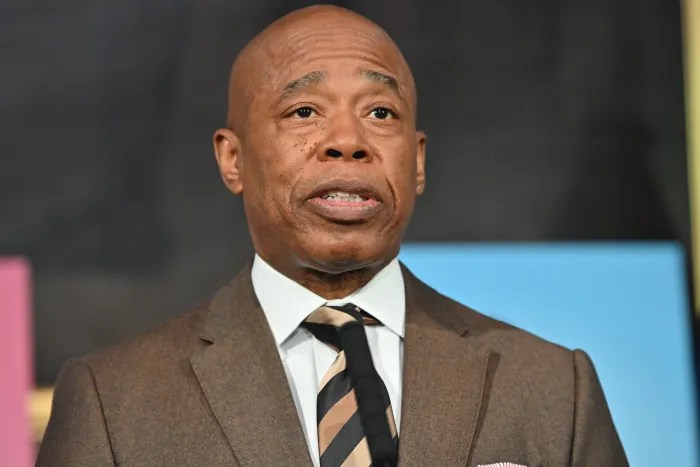By Bill Parry
The judge presiding over the Karina Vetrano murder trial will allow all evidence, including DNA and a videotaped confession by the Brooklyn man accused of killing her, after his lawyers argued police had racially profiled their client.
The ruling Monday by Queens Supreme Court Judge Gregory Lasak in the case of 21-year-old Chanel Lewis will allow all evidence to be admitted when he goes on trial on charges that he killed the 30-year-old Vetrano as she jogged in Spring Creek Park near her Howard Beach home on the afternoon of Aug. 2, 2016.
The complaint said Lewis punched Vetrano repeatedly and strangled her, causing her death. Vetrano fought back furiously against her attacker, whose DNA was found on her cell phone, under her fingernails, and her neck.
Lewis allegedly confessed to killing her after telling investigators he strangled and beat Vetrano because he “just lost it.” If convicted, Lewis faces 25 years to life in prison, according to Queens District Attorney Richard Brown.
Lewis’s Legal Aid Society defense attorneys argued an initial police stop two months before the killing was improper, according to court papers. The NYPD said Lewis had exhibited suspicious behavior when he was stopped, while his attorneys argued he was stopped because he was a black man walking in a white neighborhood.
During the stop on May 13, 2016, police asked for his name and address, information that was later used to get Lewis’s DNA sample. Prosecutors said the stop and questioning was permissible because it was based on a 911 call about a trespasser.
In his ruling, Judge Lasak said Supreme Court precedent holds that the identity of a defendant is never suppressible, even if preceded by an unlawful arrest, search or interrogation.
“We are pleased with the court’s decision and the case will proceed accordingly,” a spokeswoman for the Queens District Attorney said.
The Legal Aid Society disagrees with the court’s suppression ruling and its legal reasoning.
“The police had no probable cause to stop Mr. Lewis and then search his name through private sources to obtain his address and other personal information not open to the public,” The Legal Aid Society said in a statement. “This decision does not at all affect Mr. Lewis’s presumption of innocence. The defense team will continue to challenge the accuracy and reliability of Mr. Lewis’s statements to the police, as well as the DNA evidence that purports to connect Mr. Lewis, in preparation for trial.”
Reach reporter Bill Parry by e-mail at bparr


































